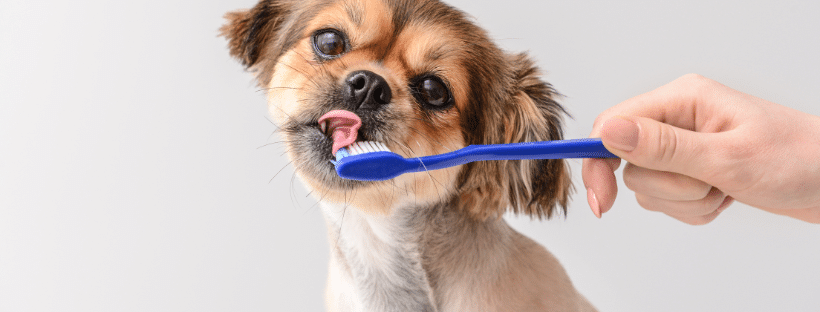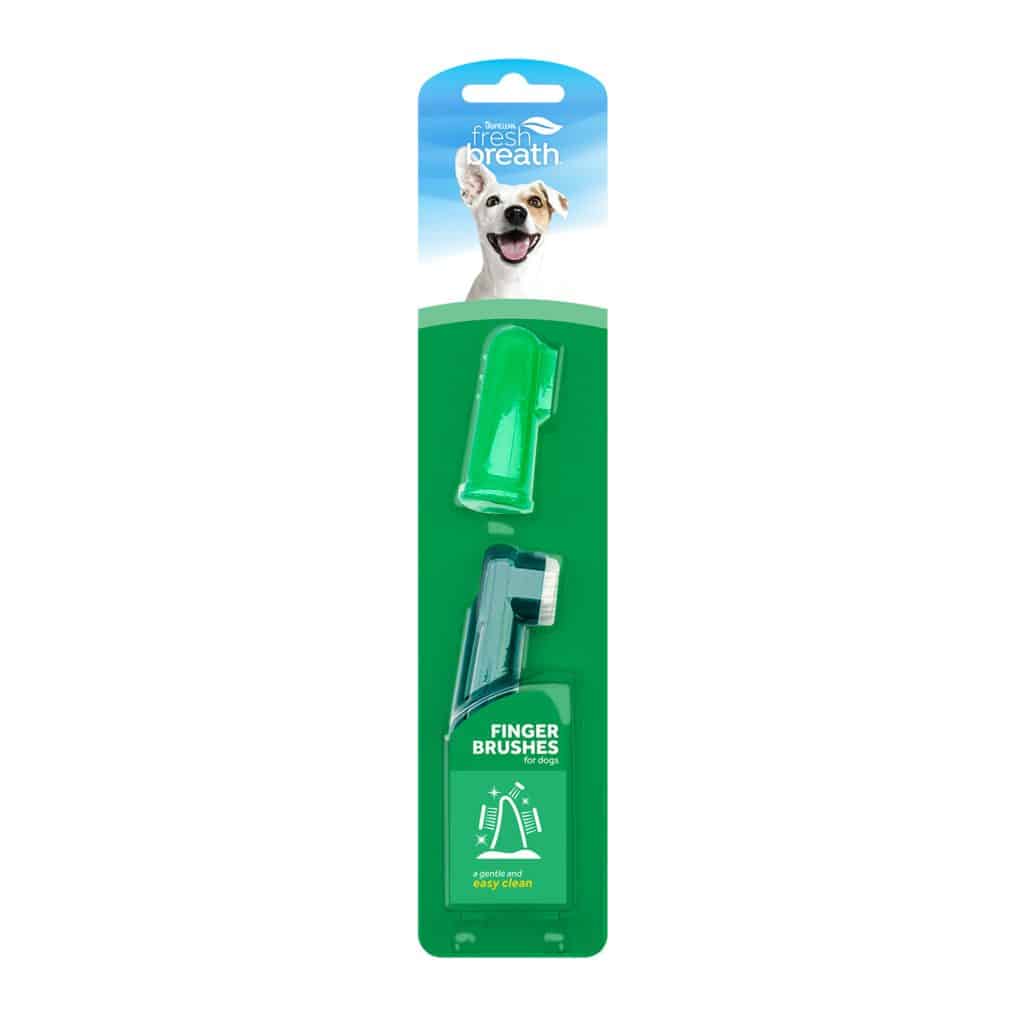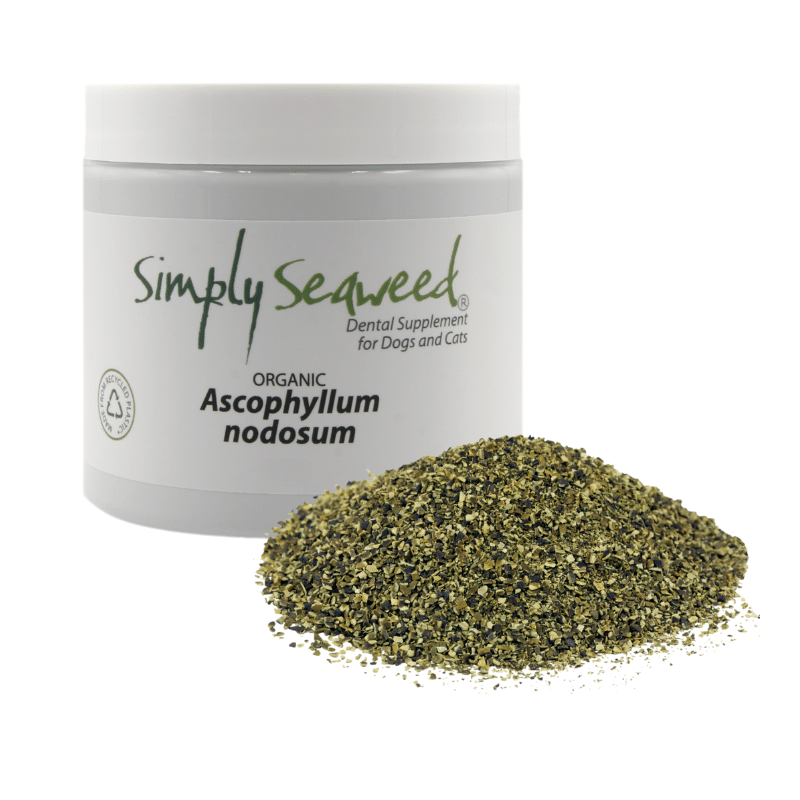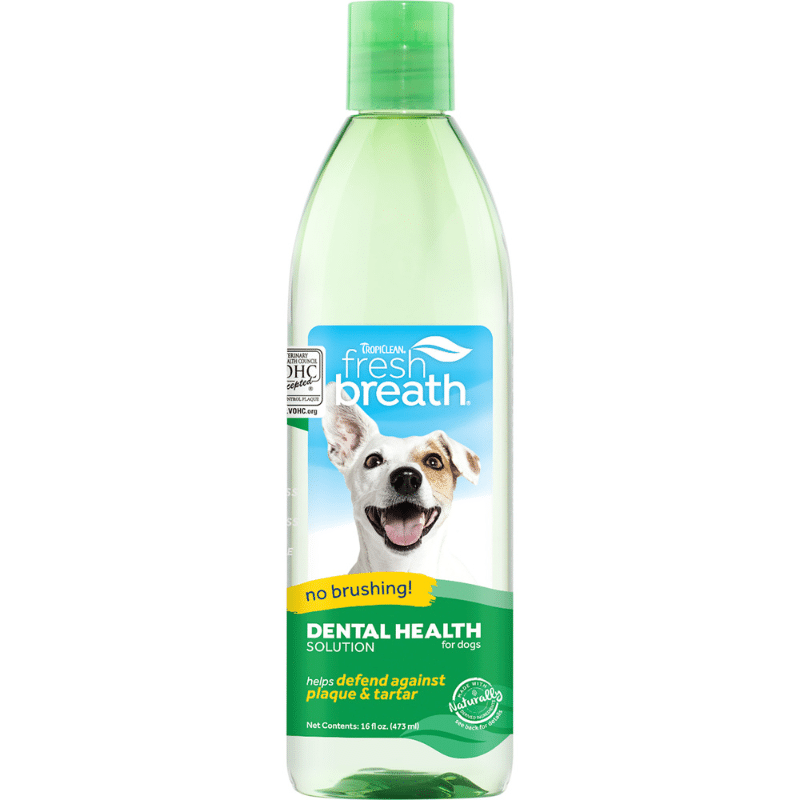Caring for Your Pet’s Teeth: A Vital Part of Their Wellbeing
Caring for your pet’s teeth is just as crucial as caring for your own. Many pet owners often overlook dental health, but it plays a vital role in the overall wellbeing of our furry friends. In fact, 70% of cats and 80% of dogs experience some level of dental disease by the time they are three years old.
Why Dental Care Matters
- Prevents Disease: Dental diseases can lead to other serious health problems. Bacteria from the mouth can enter the bloodstream, affecting vital organs.
- Ensures Comfort: Poor dental health can cause significant pain and discomfort for pets, affecting their ability to eat and play.
- Improves Lifespan: Maintaining good dental hygiene can contribute to a longer, healthier life for your pet.
- Enhances Quality of Life: Pets with healthy teeth are happier and more active, enhancing their overall quality of life.
When plaque builds up on teeth, it hardens and becomes tartar. Tartar buildup on teeth leads to gum inflammation and infection, called gingivitis.
Signs of Poor Dental Health in Pets
Recognising the signs of dental issues in your pets is crucial for early intervention. Here are some things to look out for::
Dogs
- Bad Breath: Persistent bad breath can be a sign of dental disease. Lets face it no one likes dog breath!
- Discoloured Teeth: Yellow or brown stains on teeth indicate tartar buildup.
- Swollen or Bleeding Gums: Inflamed gums that bleed easily suggest gingivitis or periodontal disease.
- Loose or Missing Teeth: Teeth that are loose or missing entirely can indicate advanced dental issues. We would recommend seeking advice from a Vet if your dog is experiencing tooth loses.
- Pawing at the Mouth: If your dog is frequently pawing at their mouth, it could be a sign of pain or discomfort.
- Difficulty Eating: Struggling to chew or refusing to eat dry food can also be a sign that your dog has dental issues, usually causing discomfort.
Cats
- Bad Breath: Like dogs, cats can also suffer from bad breath due to dental disease.
- Tartar Build-up: Yellow or brown tartar on the teeth is a clear sign of dental issues.
- Red or Bleeding Gums: Red, swollen, or bleeding gums are indicative of gingivitis or other dental issues.
- Drooling: Excessive drooling can be a sign of oral discomfort or infection.
- Decreased Appetite: A cat that is reluctant to eat, especially hard food, may be an indicator that they are experiencing dental pain, or another health issue.
How to Care for Your Pet’s Teeth
- Regular Brushing: yes, there are toothbrush’s designed for both dogs and cats! Brush your pet’s teeth regularly with pet-safe toothpaste.
- Simply Seaweed: Add a pinch of Simply Seaweed to your dog and cats food daily to keep bacteria away. Due to seaweeds natural antibacterial, anti-inflammatory and anti-adhesive properties, existing plaque is softened and new plaque is prevented from sticking to teeth. Super easy to use, dogs love the taste and is completely natural and organic. This is a very affordable and easy way to look after your pets teeth without having to stick your fingers in their mouth!
- Dental Chews and Toys: Provide dental chews, such as Greenies, Whimzees, It’s Treat Time Dental treats plus many more and specially designed dental toys, will assist to help clean your dogs teeth naturally whilst adding interest, variety and interactive fun for your furry mate.
- Oral Care Water Additive: adding an oral care water additive is a great way of keeping your dog and cats teeth in good condition once they are clean. It assists with keeping your pets breath fresh and reduces tartar build up. You just need to add a few drops to your pets water bowl daily.
- Healthy Diet: Feed your pets a diet that supports dental health, it is important to include dry kibble, bones and dental treats to assist reduce plaque buildup.
- Professional Cleanings: If after examining your pets teeth you find that they are very discoloured or your pet is exhibiting signs of discomfort, schedule a visit to your Vet for a check-up.
- Regular Check-ups: Keep up with regular veterinary check-ups to catch any dental issues early.
This is general advice only. Should you have any concerns over your cat or dogs dental health please seek advise from your Vet.




